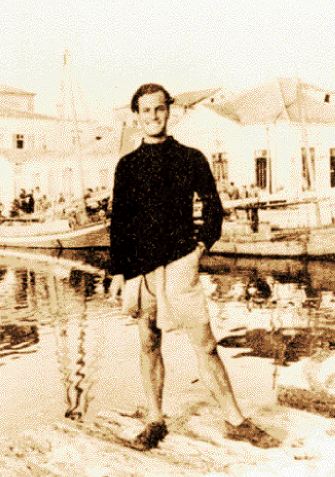Another night, another night of riots, arson and casual lootery, relatively untrammeled by the efforts of law enforcement, and perhaps slightly slowed down by the efforts of massed local residents and business owners. After three or four nights of this destruction, which leaves the internet plastered with pictures that look like the aftermath of the WWII Blitz, I would have hoped that the local residents were beginning to assemble and barricade their streets, rather than leave them open for the ‘hoodies’ to do their worst.
Anglosphere
Declaration of Independence
My annual act of civic piety is to read the Declaration on July 4. I have it in several places, including the Documentary Source Book of American History, 1606-1913 (1925) edited by William MacDonald, Professor of History in Brown University. College kids used to read the original source documents as a first year course. God help us. I was perusing the documentary record leading up to the Declaration. It was building up for a long time. The thing was not going to end happily.
The signers of the Declaration did not get to sit on their porch in a peaceable and prosperous country (drinking a rather stiff vodka and tonic) and being relatively carefree about it. They were making a hard decision to embark on open war with the most powerful country in the world, with a good chance of being beaten, hounded and harried, their wealth destroyed, their families scattered, their cause lost, and their own lives ending with a rattle of drums from redcoated drummer boys, and a broken neck at the end of a British noose.
They signed it anyway.
They stated their principles, they rolled the iron dice, and they gave us our country.
God bless America.
Lord, please make us worthy of them.
The Scots & Energy
Arthur Herman’s How the Scots Invented the Modern World, in his description of Watt (“Practical Matters: Scots & Industry”) reminds us of that great industrial moment. In the “modern consciousness” was firmly “the idea of power not in a political sense, the ability to command people but the ability to command nature: the power to alter and use it to create something new, and produce it in greater and larger quantities than ever before” (278). To create something new.
We might oppose that to the stimulus; Fitzgerald summed up the end of that old bubble in “Babylon Revisited”: “the catering to vice and waste was on an utterly childish scale and he suddenly realized the meaning of the word dissipate – to dissipate into thin air; to make something of nothing.” But wasn’t the desire, always, of this politics to control others, not to create nor to make. And how many Middle Eastern palaces are likely to fall into ruin by the end of the next century. The self-indulgent life is often described as dissipated – but how much worse a dissipated culture.
Roy Lofquist’s point that space meant clans didn’t bump against each other may well be first cause of respect for others here; the building of the west by both north and south surely was helpful in healing those raw mid-nineteenth century wounds. But in the end, we were founded in the mercantile era and capitalism – which turns us to look at what we can do to please and entice another. Frances Hutcheson would argue as my more religious friends do – we serve ourselves by serving others. That felicity is enlarging. Our natural desire to extend our self – to create, to leave a mark can come from good works and procreation and art. But it can also come from creating a business, creating a product. Ford’s desire to make a product all could buy was capitalist, creative, and productive. Building a bigger oven and planting more wheat is better than fighting over the pieces of one pie.
Sir Patrick Leigh Fermor (1915-2011), Writer, Soldier
I recently read Fermor’s two travel books, set during his walk from Holland to Constantinople in 1933-34, A Time of Gifts: On Foot to Constantinople: From the Hook of Holland to the Middle Danube
Fermor’s greatest feat was kidnapping the German commander on Crete during World War II.
This site is dedicated to Fermor’s life and career.

